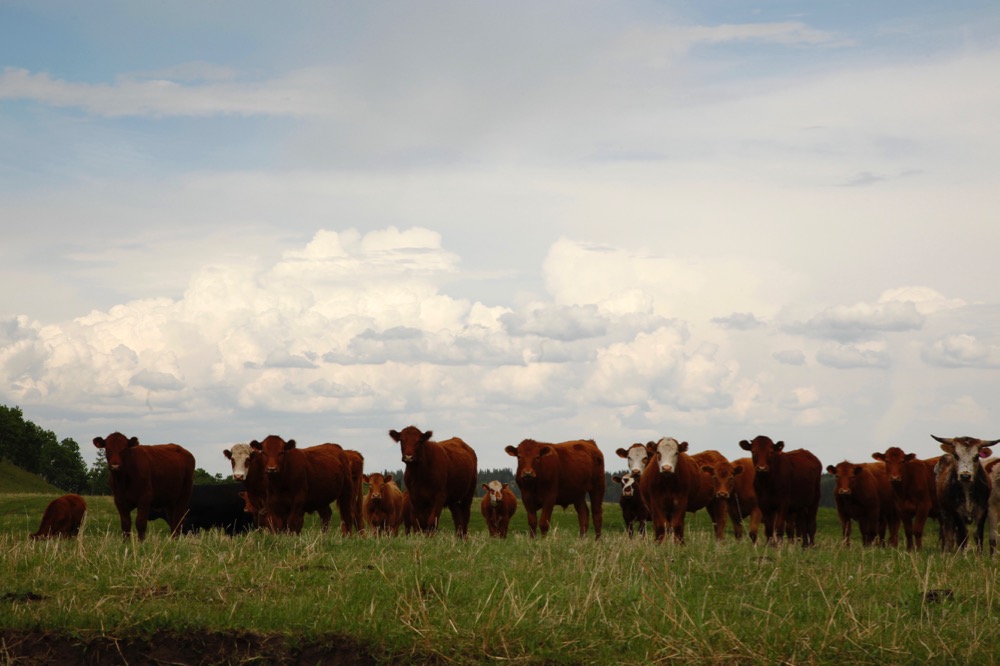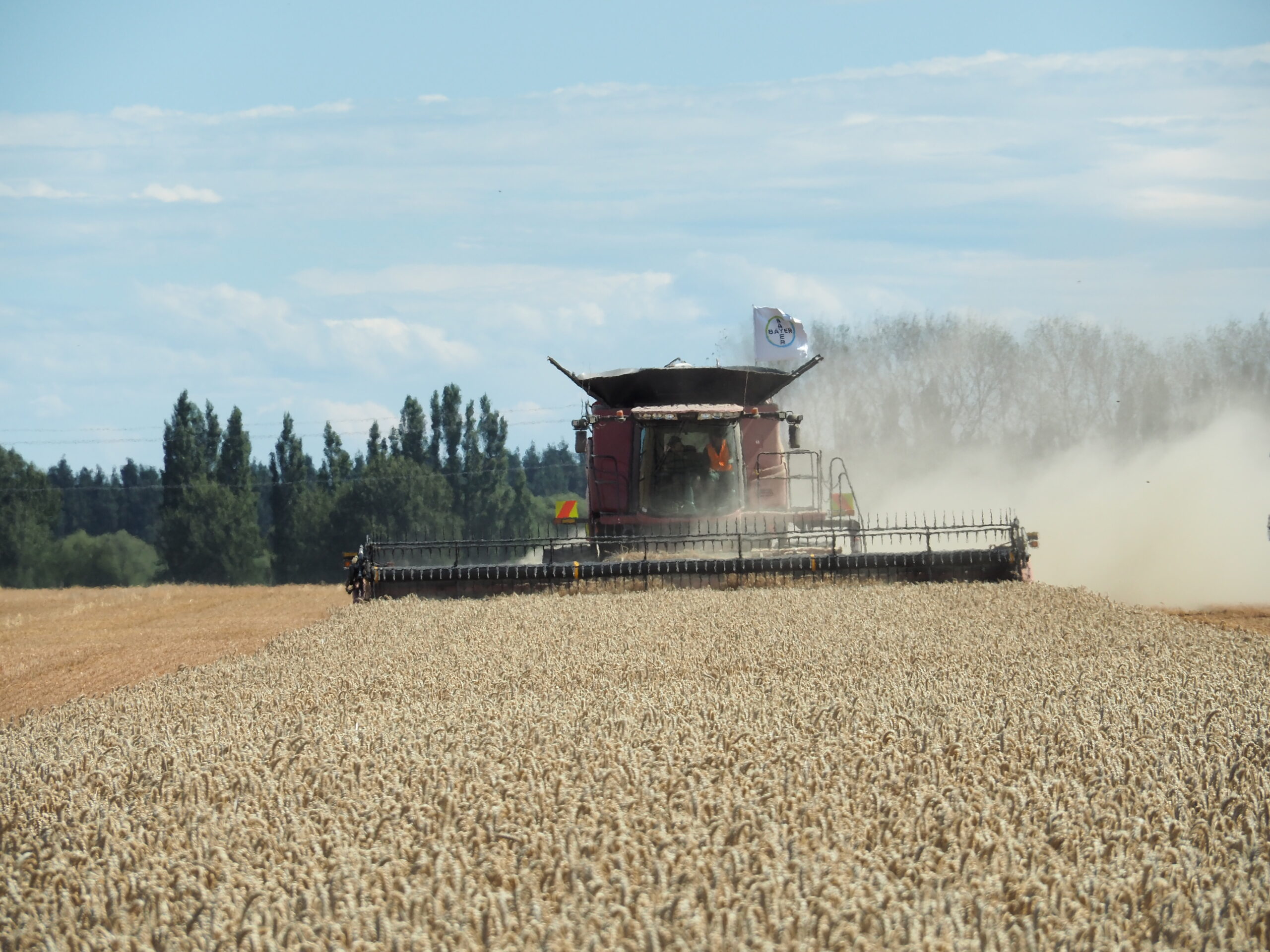I saw on the news last night where Toronto is in a lockdown
mode and may call in the military for assistance after someone found ungraded
eggs at a grocery store. I am sure crisis counselors will be brought in to help
distraught consumers cope.
These eggs were so bad that some even had bits of feather
and specs of chicken poop stuck to them. But the last time I witnessed a hen at
Read Also
Some perspectives of what’s in store for 2022
By Lee Hart Between COVID-19, supply-chain disruptions and now the conflict in the Ukraine it seems like any calm or…
I shouldn’t joke about ungraded eggs being sold at retail,
because yes our eggs are supposed to graded and free from contaminates — a
healthy, smart food choice. I know it wouldn’t take too many people with a
bellyache or diarrhea to throw the whole egg industry into turmoil.
And I have to be careful too that I don’t come across
sounding like one of those really old people who start every sentence with “in
out of the media’s alarm over these ungraded eggs. It was at or near the top
news story and even beat the fall of the Egyptian government by several minutes
in the broadcast line up.
Yes, the eggs should be graded, and I suspect the root of
this story boils down to some economy-minded grocery store owner looking to
increase his profit margin by making a deal with a Toronto-area chicken farmer
looking to sell eggs outside of quota, who also wanted to increase his profit
margin. I didn’t even consider it might be some terrorist plot aimed at
destabilizing the Canadian economy by first weakening the footings of the
feather industry.
The bio-hazard eggs in this news story appeared to have been
stored in a refrigerated display cooler in the store, so I suspect it was the
tell-tale feather stuck to a shell that spoiled the secret.
According to the U.S. Egg Safety Centre (who knew there was
such a centre) on average one in every 20,000 eggs may contain salmonella on
the egg shell or inside the egg. Provided eggs are kept refrigerated, cooked
properly and eaten right away the risk of salmonella poisoning is extremely
low. The primary responsibility for those three steps — refrigeration, cooking
and eating — in my view, falls in the lap of the consumer.
You can candle an egg all day, but unless it is stored,
cooked and handled properly at
home, grading isn’t going to do much good. But that kind of messaging doesn’t
make a great headline.
I did learn in my limited research for this column that
Canadian eggs are supposed to be received, washed, candled, weighed and packaged
properly at a grading station. They are supposed to be stored in a cooler,
washed and sanitized in water, candled to identify any shell cracks or internal
imperfections like blood spots, or poor quality yokes, sorted by weight,
packaged and re-stored in a cooler.
And that’s all very good, but one thing grading can’t do for
an egg and that’s ensure it has really great taste. I often find that lacking
in eggs. The taste is as anemic as the yolk. They are clean and sanitized, but
in a blind folded taste test someone would have to whisper in your ear what you
are eating, or you wouldn’t guess.
My courage may kill me some day, but I have never been
afraid of a farm fresh, orangey/yellow yolked egg. And if there happens to be a
it came from a real chicken.
Lee
Hart is a field editor for Grainews in Calgary, Contact him at 403-592-1964 or
by email at [email protected]
-30-













